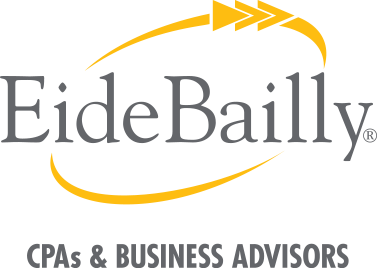Posted at 16:31h in
业务发展 by Member Guest Author This is a guest blog post by Greater Mankato Growth member, 布莱森·贝伦斯.
As COVID-19 vaccinations begin to take place in the United States, discussions are emerging about potential vaccination mandates from employers. In light of these discussions and questions, the U.S. Equal Employment Opportunity Commission (EEOC) has released guidance for employers on vaccination mandates and the interplay with various workplace anti-discrimination laws, such as the Americans with Disabilities Act (ADA) and Title VII of the Civil Rights Act.
The EEOC guidance on vaccinations indicates that employers can require that their employees be vaccinated against COVID-19, subject to certain federal and state anti-discrimination laws. Such vaccinations could be required and administered by the employer, required by the employer but administered by a third party (e.g. pharmacy or health care provider), or offered by an employer on a voluntary basis.
The process of deciding whether or not to establish a mandatory vaccination policy should involve consideration of anti-discrimination laws, non-legal business and practical considerations, and if a policy is established, clear communication with employees is critical.
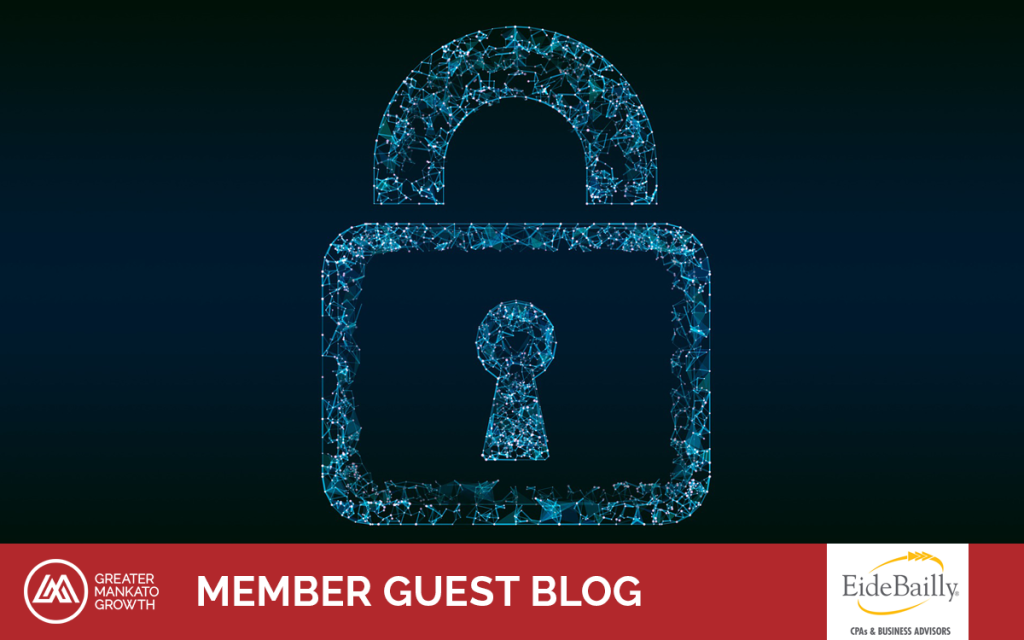


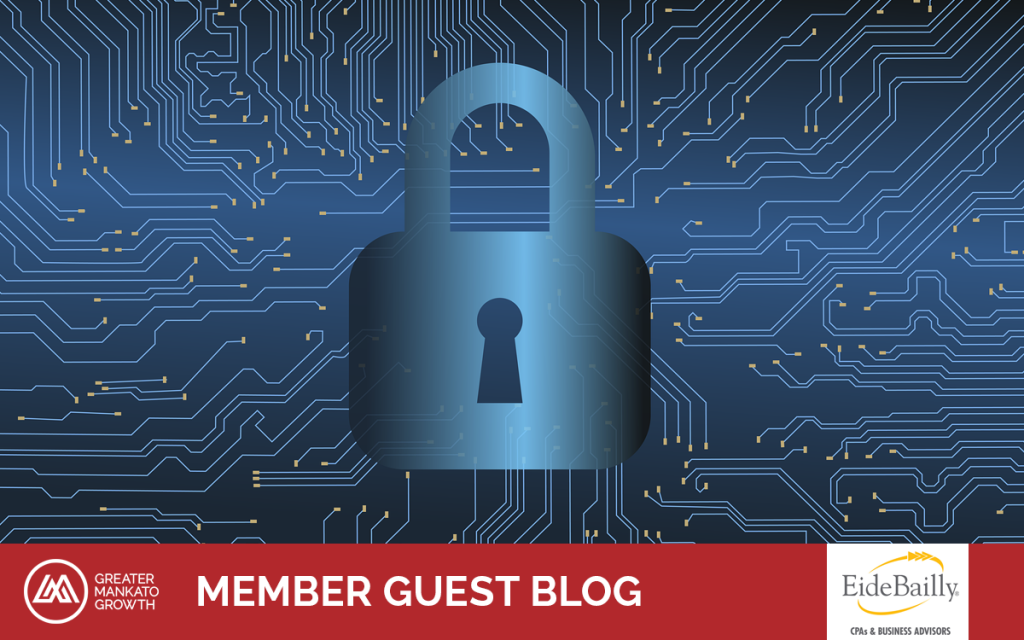


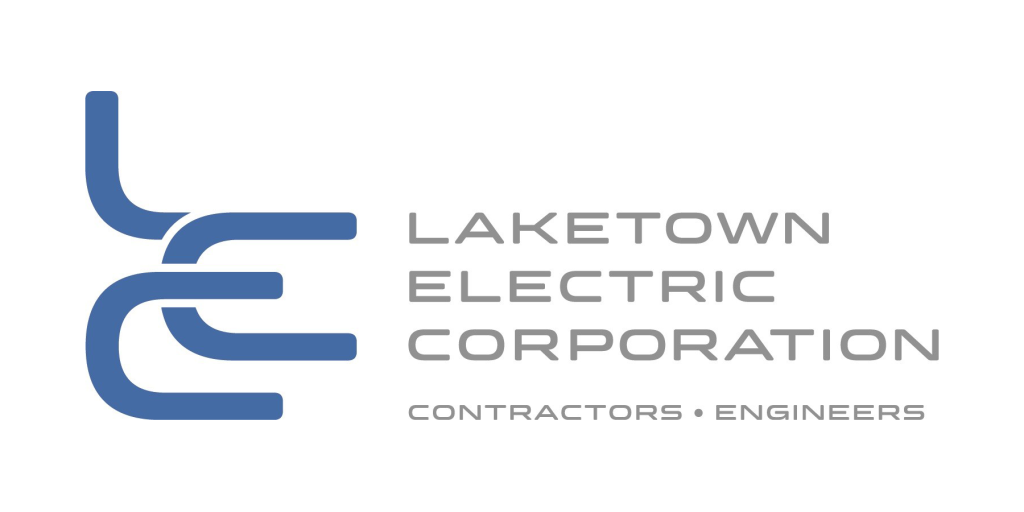
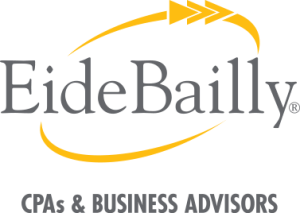 Member guest blog post, submitted by EideBailly. This article originally appeared on
Member guest blog post, submitted by EideBailly. This article originally appeared on 